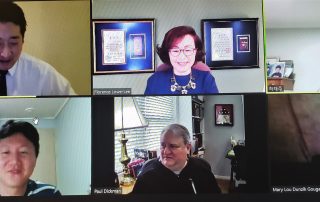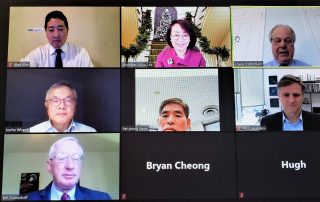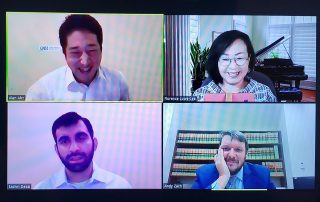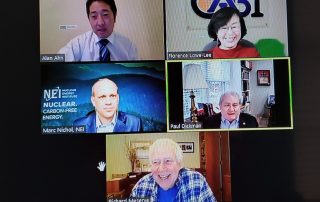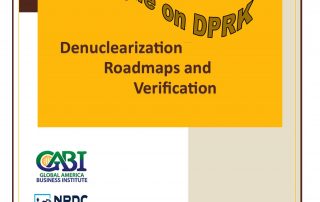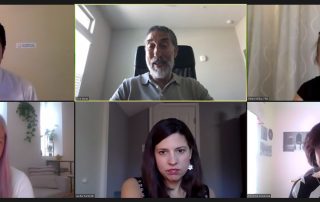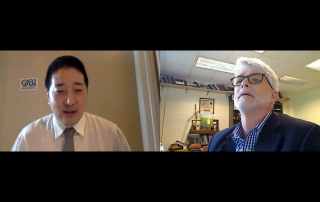GABI organizes nuclear energy roundtable discussions on a diverse range of topics that are relevant to nuclear markets both in the United States and globally. The discussion topics range from the civil nuclear partnerships, nuclear safety, nonproliferation, spent fuel management, international R&D and commercial collaboration, market and industry forecasts, and other related topics.
Implications of Current Trends in the Nuclear Workforce: Recent Developments and Possible Responses
In the United States and South Korea, the nuclear industries are experiencing a decline in workforce. The shift away from nuclear in both countries can be cited as a potential factor in the declining workforce, as the US is experiencing premature reactor shutdowns and South Korea is experiencing a political shift towards an anti- nuclear

